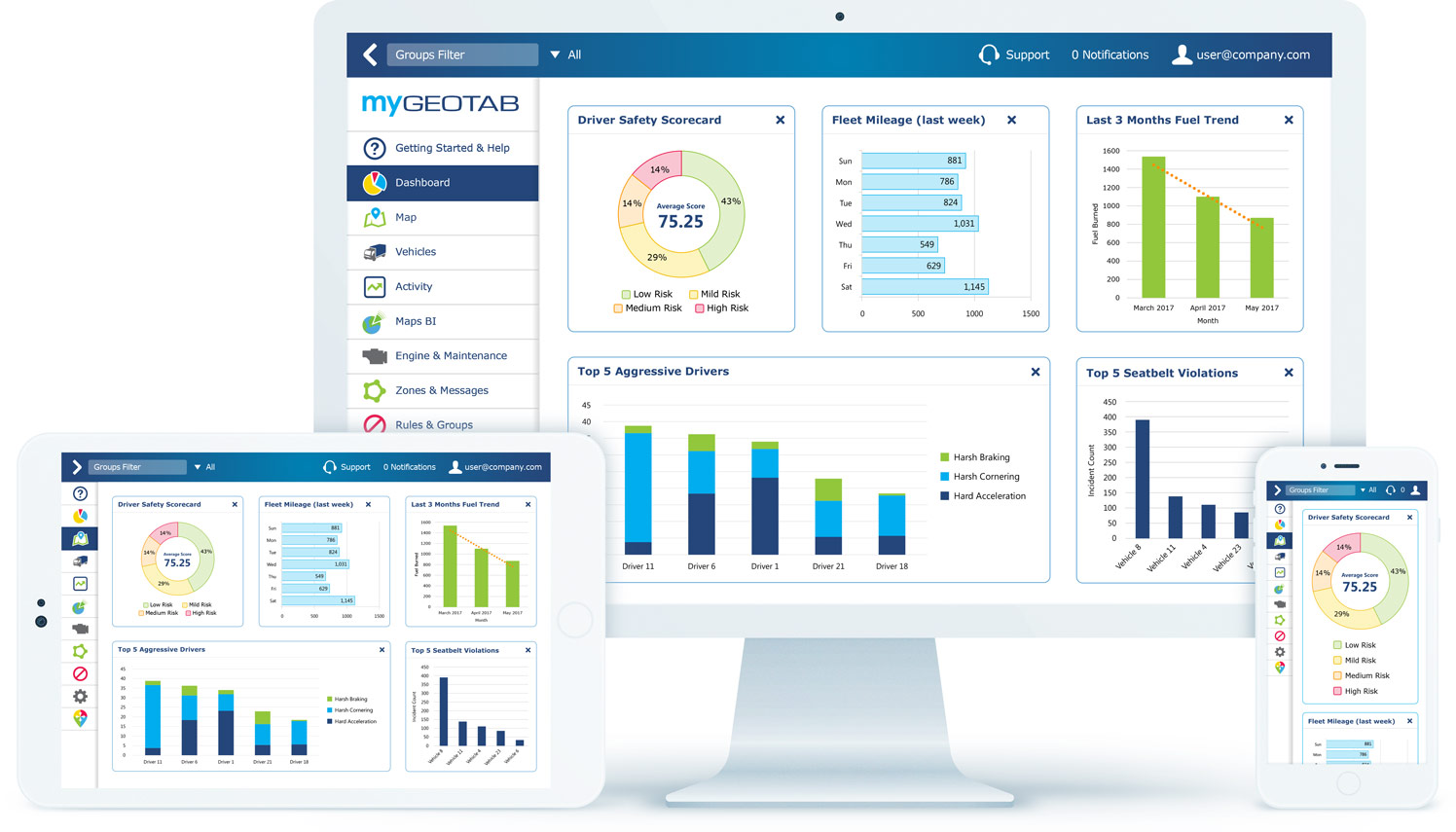Optimize Your Fleet's Efficiency Via Innovative Administration Software Program
In the vibrant landscape of fleet administration, the role of innovative management software program can not be overemphasized. With a tactical combination of management software, organizations can open a realm of possibilities that go far past traditional fleet management practices.
Advantages of Administration Software
Fleet monitoring software application supplies a variety of benefits that improve procedures and enhance effectiveness for businesses of all dimensions. One vital benefit is boosted productivity with maximized routes and routines.
In addition, fleet administration software program aids companies reduce prices considerably. By assessing fuel usage, automobile upkeep needs, and chauffeur actions, firms can identify areas for enhancement and apply strategies to minimize expenditures. This data-driven strategy leads to much better decision-making, eventually conserving cash over time.

Real-Time Car Monitoring
With the increasing demand for boosted performance and cost-saving actions in fleet procedures, real-time automobile monitoring has become a pivotal tool for organizations intending to enhance their logistical processes efficiently. Real-time vehicle monitoring makes use of GPS modern technology to supply online location data of each lorry in a fleet. This modern technology allows fleet managers to monitor courses, track gas consumption, and ensure prompt shipments. By having real-time visibility right into their fleet, services can make educated choices to boost effectiveness, reduce still time, and improve customer contentment.
In addition, real-time automobile monitoring enables for proactive upkeep scheduling based upon real car use, resulting in lowered downtime and lower upkeep costs. In the occasion of unexpected delays or course discrepancies, supervisors can rapidly reroute automobiles to minimize interruptions and fulfill delivery due dates. In addition, the data gathered via real-time tracking can be evaluated to recognize patterns and trends, allowing constant optimization of fleet procedures. Overall, integrating real-time automobile monitoring into fleet management methods can cause significant operational enhancements and price financial savings for businesses.
Route Optimization Features
Efficient route optimization plays a vital duty in enhancing fleet procedures and making best use of performance. Course optimization includes incorporated into fleet management software application utilize advanced formulas to establish one of the most effective paths for vehicles to follow. By taking into consideration variables such as website traffic conditions, road closures, and optimum distribution windows, these tools aid fleet supervisors minimize fuel prices, decrease automobile wear and tear, and improve total operational efficiency.
Via real-time data updates and predictive analytics, course optimization functions enable fleets to adjust to altering circumstances on the roadway swiftly. This agility leads to improved customer satisfaction via on-time deliveries and boosted service degrees. Furthermore, by reducing unneeded mileage and still time, fleet managers can decrease their carbon footprint and add to environmental sustainability initiatives.
Cost Performance Solutions
Optimizing operational price efficiency in fleet monitoring exceeds route optimization and includes a variety of strategic options to optimize funds and drive sustainable development. One essential price efficiency option is the implementation of predictive upkeep software. By using information analytics and artificial intelligence algorithms, fleet managers can proactively set up upkeep based upon real vehicle conditions, lowering downtime and avoiding expensive unanticipated breakdowns.
Moreover, adopting fuel management systems can dramatically influence expense efficiency. These systems monitor gas intake in real-time, determine inadequacies, and suggest methods to enhance gas economy. By enhancing fuel use, fleets can minimize overall functional costs and lessen their ecological footprint.
Another necessary cost-saving step is leveraging telematics technology. Telematics services provide valuable insights into vehicle driver actions, lorry efficiency, and More Info course performance. By assessing this information, fleet supervisors can make enlightened choices to enhance procedures, improve efficiency, and eventually decrease expenses.
Improving Fleet Safety
Enhancing the safety standards within fleet procedures is extremely important for ensuring vehicle driver health and minimizing the danger of accidents - evolve automation. Applying sophisticated telematics systems can substantially contribute to improving fleet safety and security. These systems supply real-time monitoring of driver actions, such as speeding, severe braking, and irregular driving, enabling fleet managers to interfere quickly and provide essential training to chauffeurs. Integrating motorist fatigue checking technology can aid avoid crashes caused by sleepy driving, enhancing general safety and security.
Routine upkeep and examinations are also important components in making certain fleet safety. Executing a positive upkeep timetable can aid identify and address prospective problems before they intensify right into safety and security threats. Making use of predictive maintenance software can assist in predicting maintenance needs based on vehicle data, decreasing the possibility of unforeseen malfunctions page that might jeopardize security.
Additionally, investing in chauffeur training programs concentrated on defensive driving techniques and safety protocols can Full Report instill a safety-conscious society within the fleet. By focusing on precaution and leveraging technology-driven options, fleet managers can efficiently enhance safety criteria and secure both motorists and possessions.
Conclusion

Comments on “Fleet Management Tools: Boost Performance and Decrease Costs”